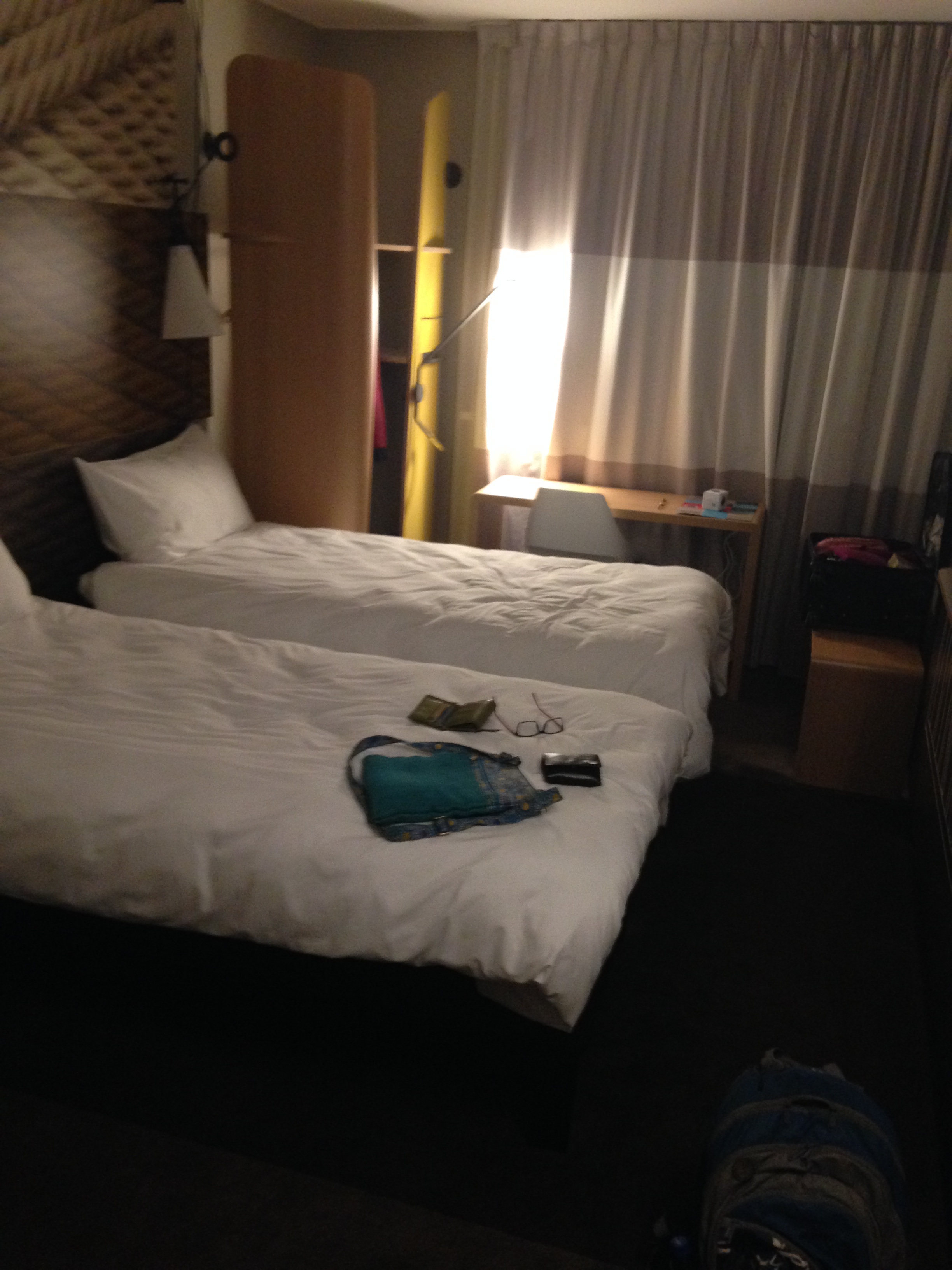While planning for a recent trip to the United States, I was reading through travel forums for budget accommodation tips and that is when I found out that, in New York City, there is a tussle going on between AirBnb and the city’s governing body about how and what type of accommodations are allowed to be advertised and booked via AirBnb.
It can be very confusing and difficult to find out if the place you want to rent is legal or not. Confusing because you need to understand some terms related to buildings and their definitions which can be unfamiliar to a person from a different country. Difficult because neither the website nor the renter will tell you in plain words if the place is legal or not (and why would they!?!?!?).
After reading up some newspaper articles online, what I understood is that you cannot rent out an entire home in New York City for a short term (30 days and less). You can only rent a room and you must have access to the entire house. The owner must live there too. Short term rental is allowed only in a building that does not have more than three apartments. Also, a renter cannot rent out a second place. Obviously, he cannot be in two places at the same time which means the second place is an illegal rental. These rules are applicable in all 5 boroughs of New York City.
San Francisco and Los Angeles also have similar regulations.
Singapore for example simply does not permit home-sharing for less than 3 months in case of a private property and 6 months in case of a Housing Development Board (HDB) flat. So as a tourist if you think you can rent out an entire flat or a room in a flat for a week, that is not permissible by law. Singapore has serviced apartments and these are legal.
In Japan, recent laws are trying to regularise home rentals. So anyone advertising a house must have a valid license and this must be displayed in their rental listing.
Paris is considering banning home sharing websites from advertising homes in the city centre.
In India, it is legal, so also in Bali, Indonesia.
That simple bed in a quiet area can come for an attractive price or sometimes free too. Before you jump in, take a moment to make sure that you have got yourself a clean deal.
-
Before booking, please check for local rules governing these kind of listings on the government’s website.
-
In Europe you can find a reasonably priced Bed and Breakfast and it would make better sense to choose this over a home sharing place that might not be legal.
-
In expensive and larger cities around the world, simply budget higher for accommodation rather than being penny-wise but pound foolish.
-
Ensure that the fine print (aka Terms and Conditions) will protect you in the eventuality that the place you booked was found to be illegal and you find yourself and your suitcase on the kerb!
Let your dream holiday not turn into a nightmare, make sure that the accommodation that you have booked, especially the non-hotel ones are LEGAL. 
I’ve heard of people staying in airbnbs in Singapore for short term arrangements despite the ban on short term rentals here. Its hard for tourists because they wouldn’t know unless they were told, or happened to follow Singaporean news
LikeLike
Yes, that’s why this blog 🙂 So people can be aware that they must look up local laws on this subject beforehand.
LikeLiked by 1 person